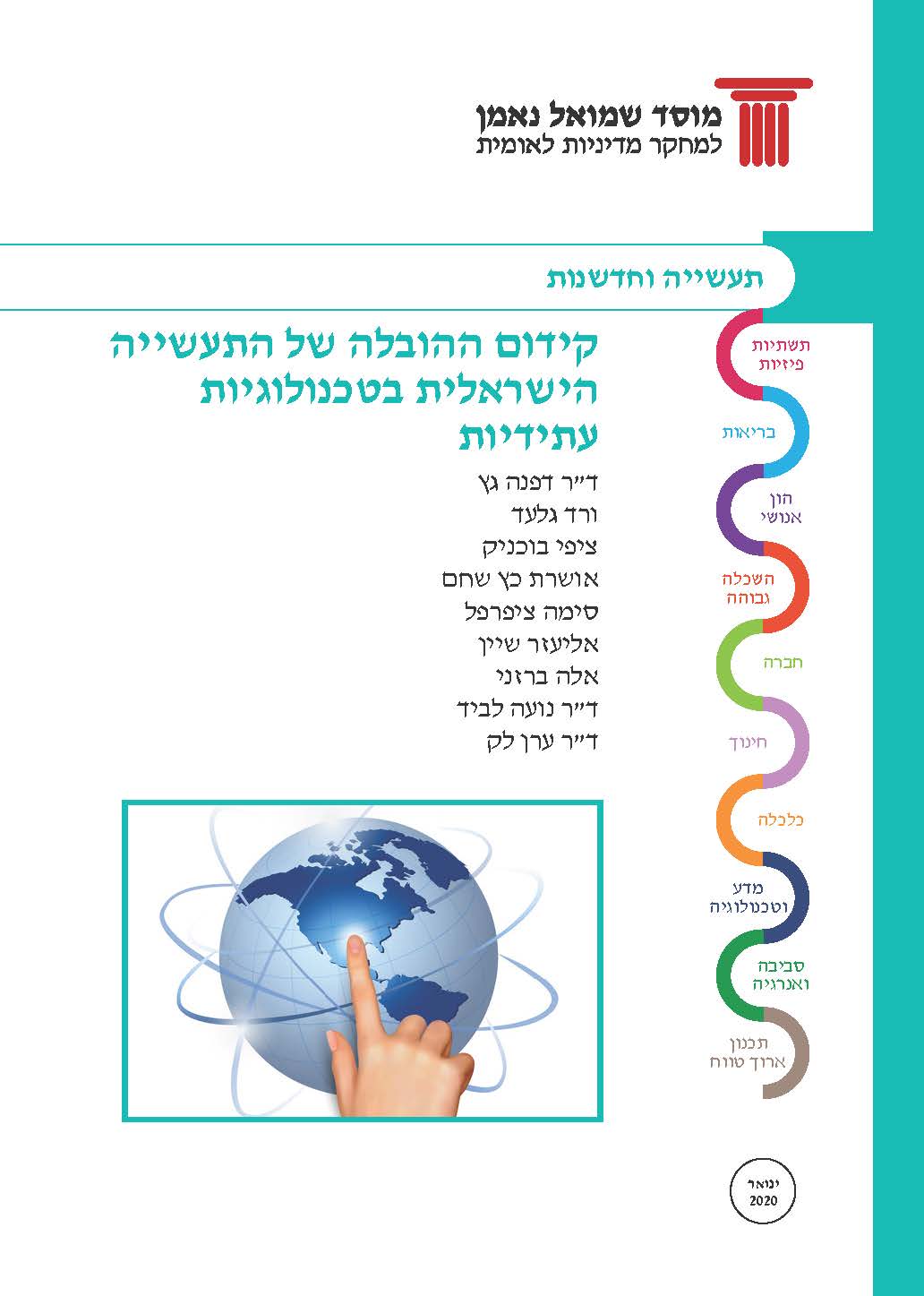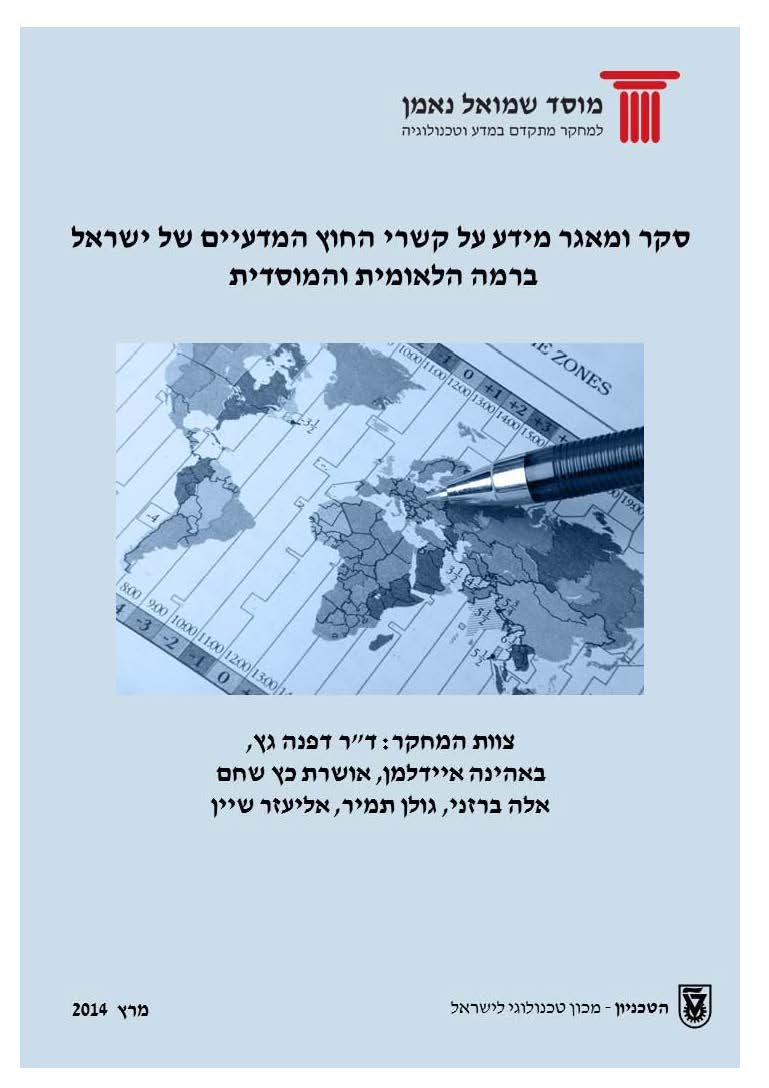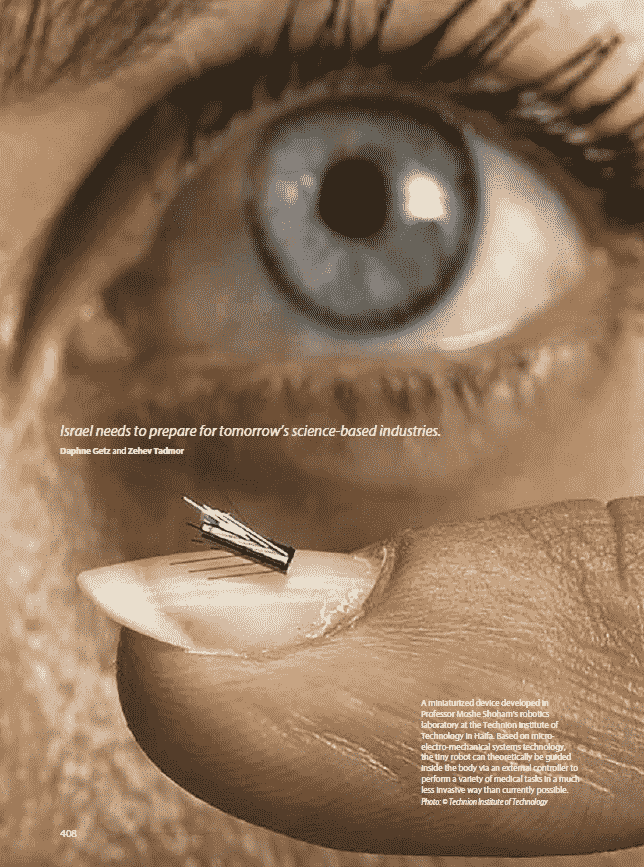 / צוות המחקר / אליעזר שיין
/ צוות המחקר / אליעזר שיין
 / צוות המחקר / אליעזר שיין
/ צוות המחקר / אליעזר שיין
תכנון אלקטרוניקה; העברת טכנולוגיה בין התעשייה לאקדמיה; הערכת פרויקטי מו”פ; מחקרי מדיניות; חדשנות; הערכת סטארט-אפים טכנולוגיים
תואר שני בהנדסת חשמל ומדעי המחשב, אוניברסיטת קליפורניה, ברקלי
תואר ראשון בהנדסת חשמל ומדעי המחשב, אוניברסיטת קליפורניה, ברקלי
תכנון אלקטרוניקה; העברת טכנולוגיה בין התעשייה לאקדמיה; הערכת פרויקטי מו”פ; מחקרי מדיניות; חדשנות; הערכת סטארט-אפים טכנולוגיים
אליעזר שיין סיים את לימודיו באוניברסיטת קליפורניה, ברקלי, ארה”ב בהנדסת חשמל ומדעי המחשב לקראת תואר B.Sc. בשנת 1970 ותואר שני -M.Sc. בשנת 1971. במהלך השנים, הוא צבר ניסיון רב בתעשייה, המתפרש על תכנון, פיתוח, ייצור ושיווק. בין השנים 1974 ל-2012, אליעזר שיין תרם רבות לרפאל, תוך התמקדות בתכנון כרטיסי אלקטרוניקה ומערכות, כולל ציוד דיגיטלי, מערכות RF, תקשורת מיקרוגל, תקשורת נתונים וטלקומוניקציה, כולל רשתות מחשבים ותכנון VLSI של מערכות על שבבים.
בשנת 2013 מר שיין הצטרף למוסד שמואל נאמן למחקר מדיניות לאומית בטכניון, שם הוא משמש כחוקר במדע, הנדסה, טכנולוגיה וחדשנות (SETI). עיסוקיו המחקריים הנוכחיים כוללים מדיניות חדשנות, מדיניות מו”פ, הערכת תפוקת מו”פ, פיתוח כישרונות לתעשיית התרופות ומודלים שונים של תרגום מחקר רפואי והעברת טכנולוגיה בין האקדמיה לתעשייה, במיוחד בתחום הרפואה החדשנית. במהלך עבודתו בנושאי היי-טק אליעזר פיתח חבילת כלים המאפשרת ניתוח של חברות סטארט-אפים וארגונים קטנים עד בינוניים (SMEs).


דפנה גץ, ורד גלעד, ציפי בוכניק, אושרת כץ-שחם, סימה ציפרפל, אליעזר שיין, אלה ברזני, נועה לביד, ערן לק

דפנה גץ, בהינה איידלמן, אושרת כץ-שחם, אלה ברזני, גולן תמיר, אליעזר שיין

זאב תדמור, דפנה גץ, ורד גלעד, ציפי בוכניק, ערן לק, אלה ברזני, בלה זלמנוביץ, עידן ליבס, אושרת כץ-שחם, אליעזר שיין, נועה לביד

עידן ליבס, אליעזר שיין, אושרת כץ-שחם, נועה לביד, אלה ברזני, ערן לק, ורד גלעד, זאב תדמור, דפנה גץ, ציפי בוכניק, בלה זלמנוביץ

ערן לק, דפנה גץ, אופירה אילון, אורלי נתן, אליעזר שיין, איליה זטקובצקי, אלה ברזני, ציפי בוכניק, נועה לביד, אושרת כץ-שחם, אפרת כרם


דפנה גץ, ורד גלעד, ציפי בוכניק, אושרת כץ-שחם, סימה ציפרפל, אליעזר שיין, אלה ברזני, נועה לביד, ערן לק

דפנה גץ, בהינה איידלמן, אושרת כץ-שחם, אלה ברזני, גולן תמיר, אליעזר שיין